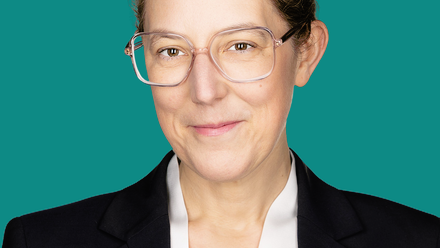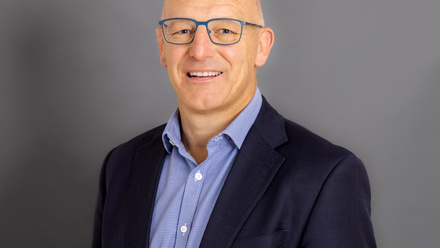SPACs and pseudo-platforms: what lies ahead for biotechs going public in 2023
Panelists at the BIO CEO and Investor Conference foresee some changes coming as biotech investors become more judicious about where they park their money.
What kinds of biotech companies are able launch offerings on the public markets and what means they use to do so are likely to see some significant changes in 2023 as investors become more judicious about where they park their money. Notably, mergers with special purpose acquisition corporations (SPACs), which became a popular means of going public a few years ago, will likely dry up, while it’s also unlikely that companies will have as easy a time going public with just one product as they did in prior years.
Those were some of the key take-home messages of a panel discussion about the outlook for initial public offerings and other capital raises at the Biotechnology Innovation Organization’s BIO CEO & Investor Conference on 6 February. The conference, in New York, kicked off on 5 February and ran through 7 February.
The takeaway is consistent with what investors, advisors and CEOs attending the J.P. Morgan Healthcare Conference and Biotech Showcase said in January, when they forecast that financing will be more challenging to come by for biopharma companies in the year to come, particularly if they do not have near-term clinical or regulatory milestones to achieve, which could even lead to some firms having to close up shop.
‘SPACs Are Dead’
SPACs have been around for a while, but they became especially popular in 2020 and 2021 as private equity and other investors built up large reserves of cash, occurring alongside booms in IPOs and M&A activity. Merging with a SPAC also became an alternative means of accessing public markets for companies that might have otherwise struggled to attract money from traditional IPO investors.
But the boom in SPAC deals looks set to end as investors find that they don’t result in the kinds of returns that they had expected, explained one panelist at BIO CEO, Aisling Capital founder Dennis Purcell.
“I think reverse mergers are here to stay, particularly in this market,” Purcell said. “SPACs are dead – that game’s over.”
Reverse mergers are similar to SPAC deals, except they involve a private company merging with a public company that may be on the brink of shutting down. A SPAC is a shell company that goes public with the sole purpose of merging with another company. In both instances, the merger partner takes on the original public company’s remaining cash and its stock market listing.





